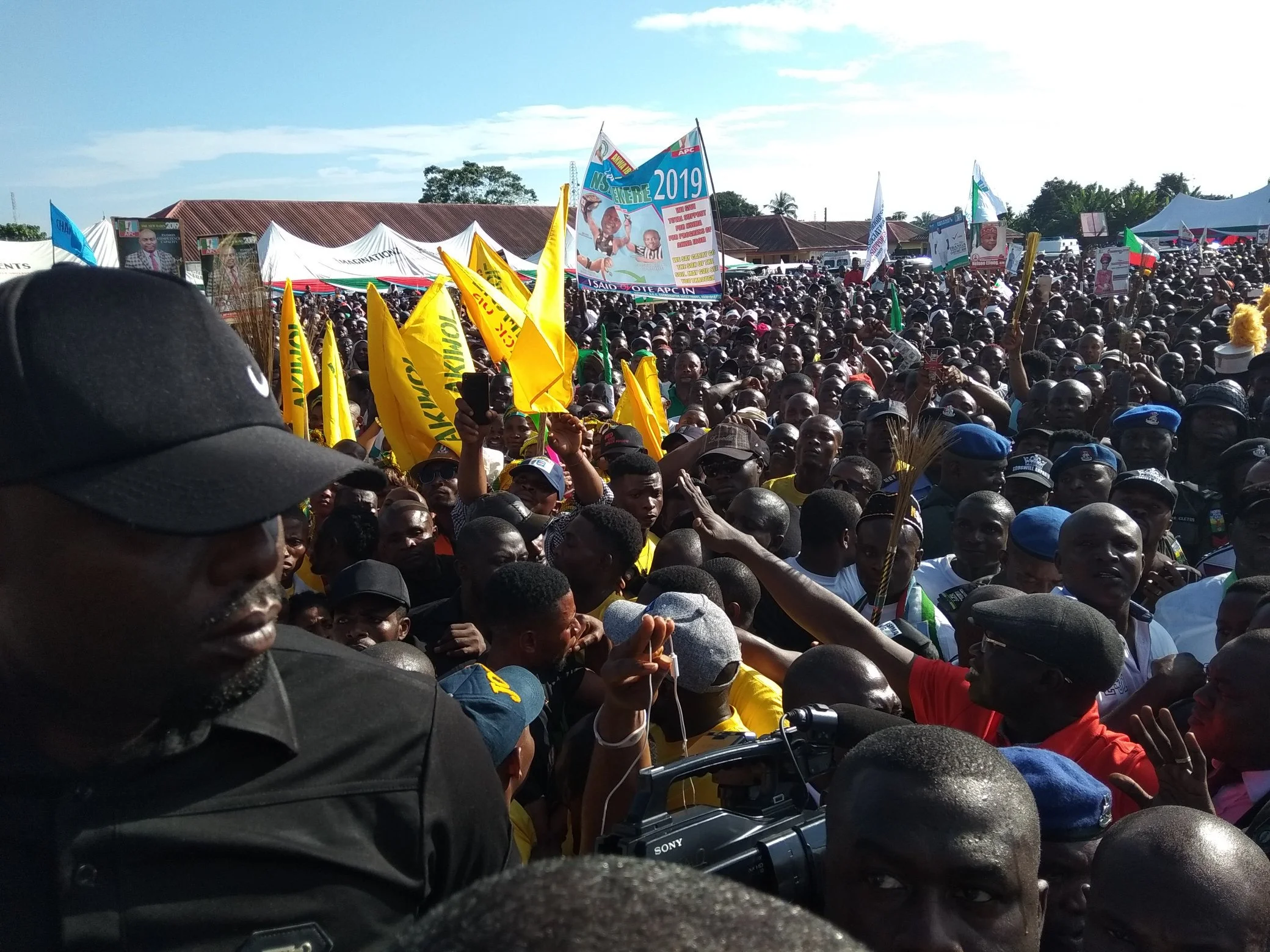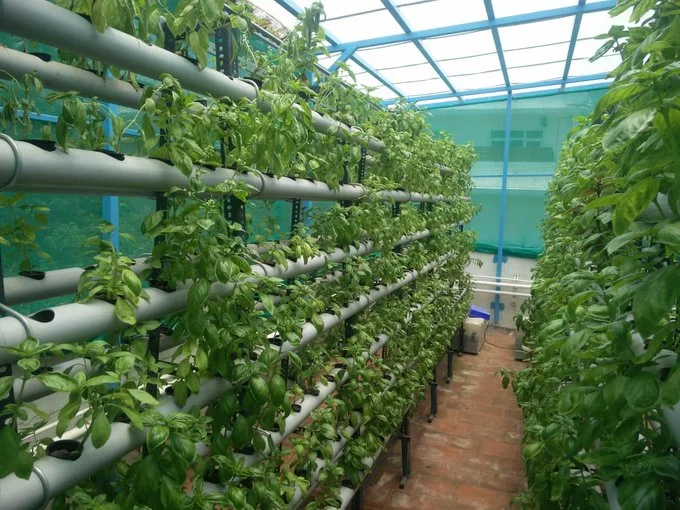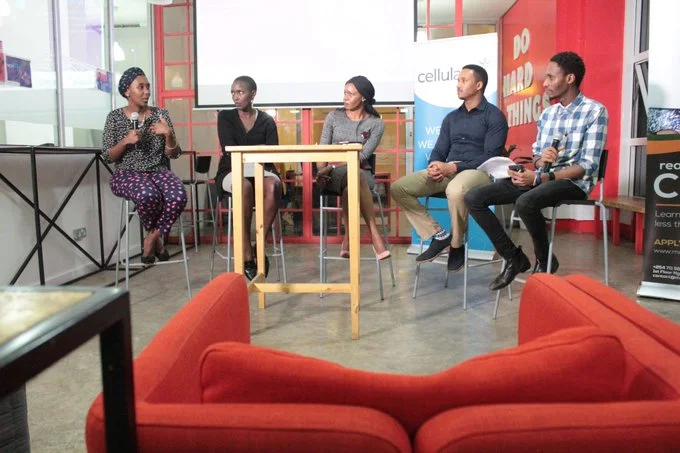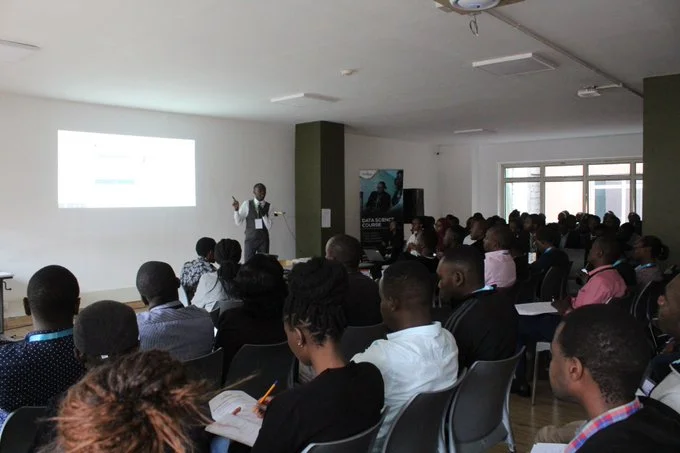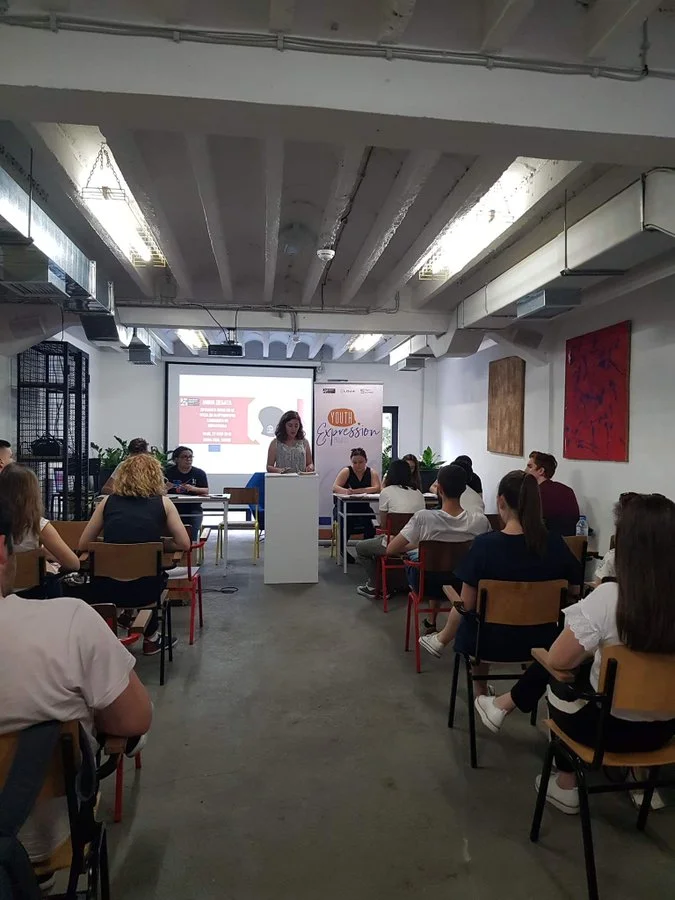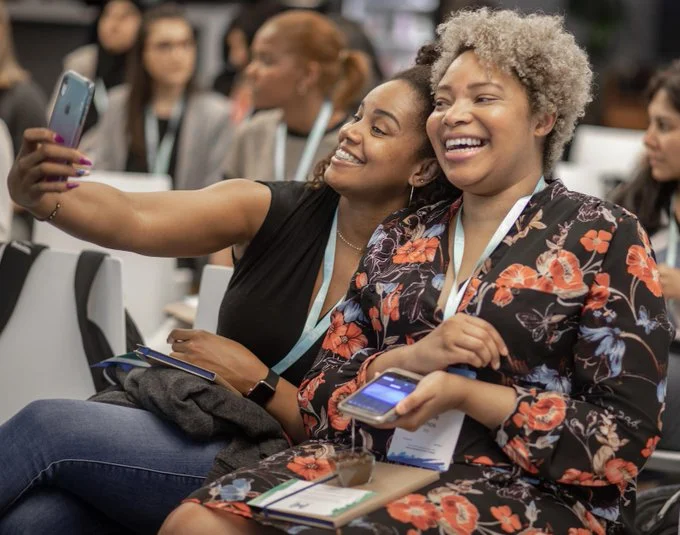One of Africa’s leading tech start-up spreads its wings
BY KWAMBOKA OYARO
It was a bright morning in March 2010, when a group of tech-savvy youths converged at a small hall in Nairobi to discuss innovation and technology. Four young women exchanged phone numbers, clearly excited by plans they shared that would put some of the novel ideas they discussed to good use.



